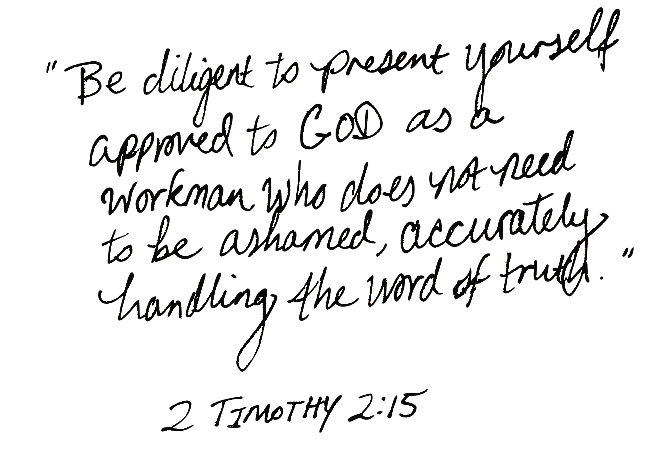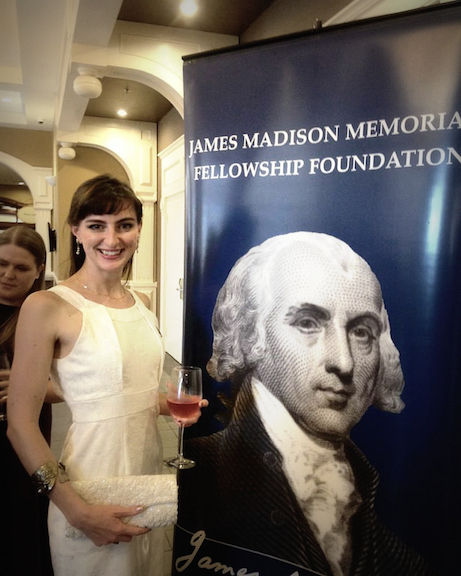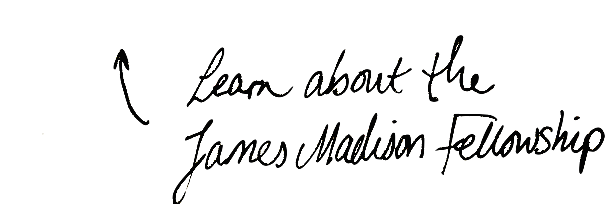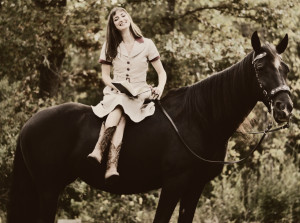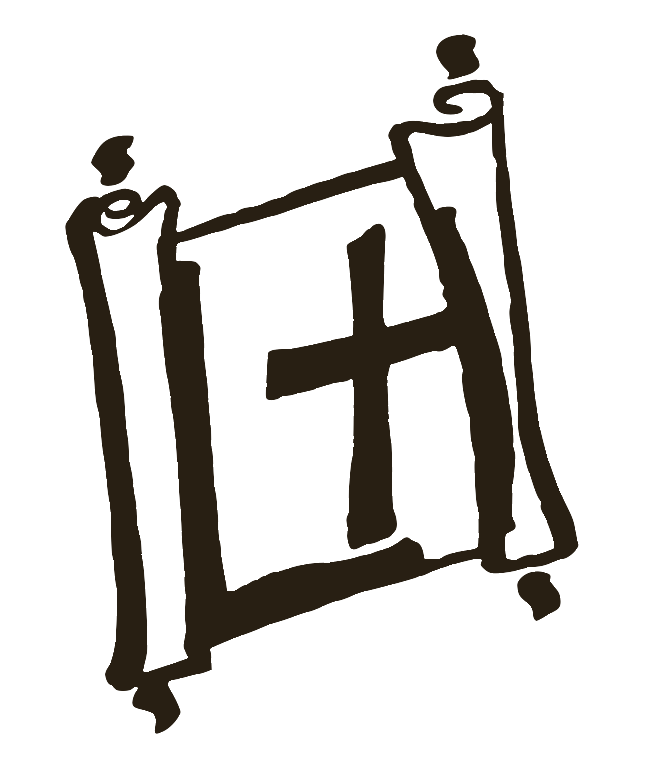 October 31, 1517 was a forerunner to America’s Independence Day.
October 31, 1517 was a forerunner to America’s Independence Day.
The following scholarly excerpts can be found in Amos and Gardiner’s Never Before in History: America’s Inspired Birth, which enthralled me at the age of 14.
“The American Revolution might thus be said to have started, in a sense, when Martin Luther nailed his 95 theses to the church door at Wittenberg. It received a substantial part of its theological and philosophical underpinnings from John Calvin’s Institutes of the Christian Religion, and much of its social theory from the Puritan Revolution of 1640-1660, and, perhaps less obviously, from the Glorious Revolution of 1689. Put another way, the American Revolution is inconceivable in the absence of the context of ideas which have constituted Christianity. The leaders of the Revolution in every colony were imbued with the precepts of the Reformed faith.”
– Page Smith
“The founding of the United States and the principles on which it was established belong to the ongoing human quest for political and religious liberty. That quest is ancient and has been a central theme of Western civilization…For Luther, God alone had authority over peoples’ consciences…For Luther, the creator-redeemer distinction meant that there was a clear difference between the role of the church and the role of the state. Because church and state are separate institutions, the government’s role has to be restricted.” – Gary Amos and Richard Gardiner
“God has ordained the two governments: the spiritual, which by the Holy Spirit under Christ makes Christians and pious people; and the secular, which restrains the unchristian and wicked so that they are obliged to keep the peace outwardly…
…The laws of worldly government extend no farther than to life and property and what is external upon earth. For over the soul God can and will let no one rule but himself. Therefore, where temporal power presumes to prescribe laws for the soul, it encroaches upon God’s government and only misleads and destroys souls. We desire to make this so clear that every one shall grasp it, and that the princes and bishops may see what fools they are when they seek to coerce the people with their laws and commandments into believing one thing or another.”
– Martin Luther

